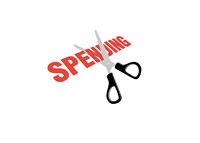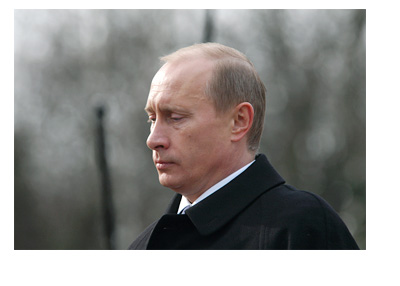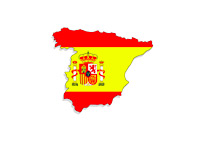Deficit, Economy Would Shrink If Scheduled Changes Went Into Effect
 According to the CBO (Congressional Budget Office), the coming "fiscal cliff" would tip the United States into a recession and increase the national unemployment rate to 9%.
According to the CBO (Congressional Budget Office), the coming "fiscal cliff" would tip the United States into a recession and increase the national unemployment rate to 9%. With everybody focused on the upcoming Presidential election, it's easy to forget that the "fiscal cliff" is looming on the horizon like a dark storm cloud, powerful enough to soak the country's feeble economic recovery.
The "fiscal cliff" involves a number of changes to current tax laws and the national budget that are slated to take effect in the coming month.
For instance, the Bush tax cuts of 2001 and 2003 (extended by President Obama in 2009) are set to expire at the end of this year.
In addition, provisions that would increase the reach of the AMT and expire payroll tax cuts are also scheduled to take effect in a few short months.
On top of all of that, government spending is set to drop at the end of the year, thanks to automatic spending cuts (per the Budget Control Act of 2011), the planned expiration of emergency unemployment benefits (Middle Class Tax Relief and Job Creation Act of 2012) and the reduction in Medicare payment rates for physicians.
All of these issues will need to be dealt with, or else the US economy runs the risk of falling into a recession.
Just how bad could things get if the country goes off the side of the "fiscal cliff"?
According to the CBO, real GDP would decline 0.5% between the fourth quarter of 2012 and the fourth quarter of 2013, while the national unemployment rate would likely increase to 9%.
The deficit would shrink to an estimated $641 billion, while inflation would likely remain very low.
The CBO has also released their "Alternative Fiscal Scenario", which would occur if all of the tax provisions were extended indefinitely, if the spending reductions required by the Budget Control Act did not occur and if Medicare's payment rates for physicians held steady.
Under the "Alternative Fiscal Scenario", real GDP would increase by 1.7% between the fourth quarter of 2012 and the fourth quarter of 2013, while the unemployment rate would decline slightly to 8% (by the end of 2013).
Under the "Alternative Fiscal Scenario", the United States would post a $1.0 trillion budget deficit in the 2013 fiscal year.
--
The two sides are already drawing lines in the sand ahead of the "fiscal cliff" standoff. President Obama, for instance, has said that the Bush tax cuts should be extended, but only for those who are making less than $250,000 per year. The Republicans, on the other hand, want the cuts to be extended for everybody.
The "debt ceiling" crisis of a few years ago was a nasty and drawn-out battle that ended up damaging the country.
The next round gets underway in just a couple of months, and you can expect this one to be just as bruising, if not more.
Source: CBO.gov
Filed under: The Economic Meltdown



